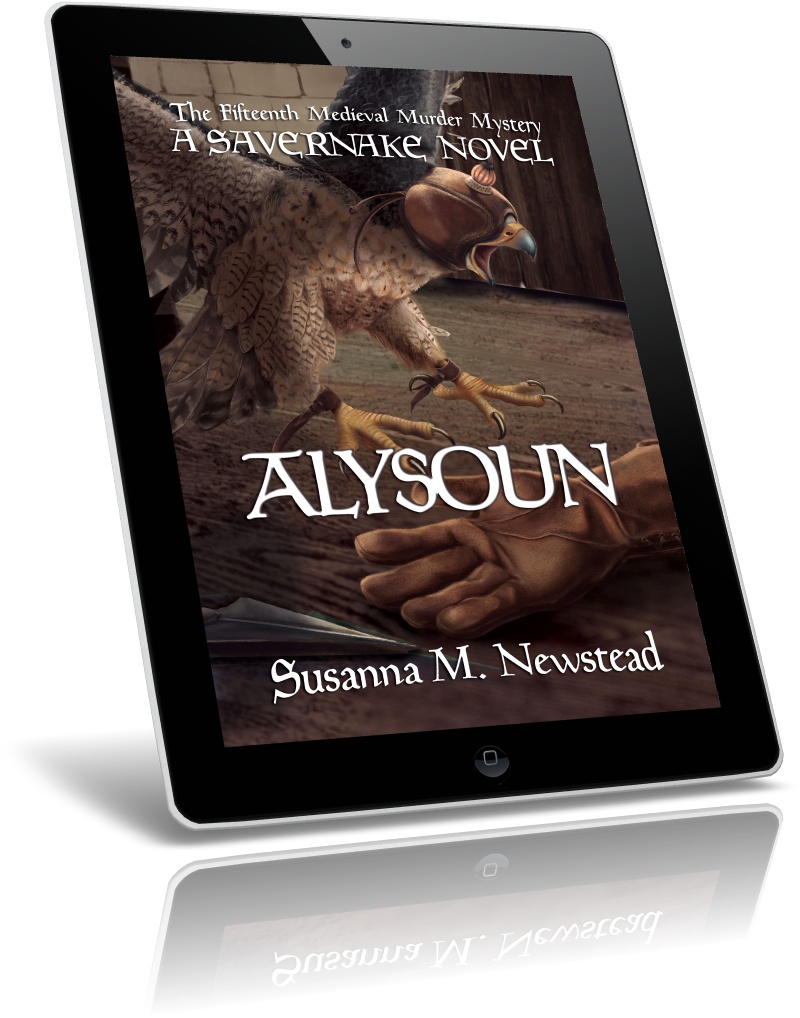![]() In a world which is increasingly online, we, as a history publisher, have been quietly thanking the internet for providing access to historical documents as more and more are digitised by museums and collections around the world. In times gone by, a historian would have to travel to see a document. They might have to spend days, weeks and months looking at documents in a reading room, making notes on what they saw, and carefully deciphering handwriting from centuries ago.
In a world which is increasingly online, we, as a history publisher, have been quietly thanking the internet for providing access to historical documents as more and more are digitised by museums and collections around the world. In times gone by, a historian would have to travel to see a document. They might have to spend days, weeks and months looking at documents in a reading room, making notes on what they saw, and carefully deciphering handwriting from centuries ago.
Then, with the advent of digital scanning and photography, it was possible to request copies of documents to be emailed or sent on a CD so that you could do the deciphering at home. And we’re only talking maybe ten or fifteen years ago that this was the best way to research history for many authors who couldn’t make it from their country or home town to where the documents were held. This step change in accessibility was amazing but had its downsides – you can only access documents IF they have been scanned. And with the hundreds of thousands of relevant documents in existence, only a small percentage may have been scanned.
Many historical documents have also been transcribed and turned into digital documents. Again, this was an amazing advance because suddenly, it was possible to search for a term and (hopefully) find the document and evidence you were looking for. As for digital scanning, this is a blessing, but it also has downsides – what if the transcription was done incorrectly, or a simple typing mistake creeps in? Suddenly, historians are relying on incorrect second-hand information with unforeseen consequences. And, as for scanned documents, the home historian is at the mercy of the availability of the documents they want to find. What if, for example, there was a vital document which would change the interpretation of a historical event or person? If this document sits untouched in a drawer, it’ll never be included in the historical re-evaluation.
All of this leads to the dramatic and sudden rise of artificial intelligence (AI). AI can use a vast range of sources and create seemingly meaningful answers to questions. The difference between Computer Learning and AI is that AI does not attempt to be “correct”, it just attempts to bring together the elements it has found into something which “reads well”. As with a human historian, an AI-created article is very dependent on the sources it uses to create an opinion. But the difference is that humans have their own experiences to filter what makes sense and what does not. And AI has absolutely NO chance to use information which has not been digitised as text. It has no ability to look at original handwritten documents or to link in an idea from another historical period or character. It can only really re-create the thoughts of those who have come before. For better or worse, and the AI really doesn’t care which!
I am genuinely impressed by what AI creates – it’s amazing, fast and sometimes surprises you with things you had never even considered. But as a publisher, I am continually left with an underlying feeling that AI is basically an incredibly fast and wide-seeing copycat. In the history world, you KNOW that the sources it is copying from are the websites and (probably) books that hard-working historians have dedicated their lives to. In the click of a button, the lifelong work of an expert is sucked into the magic funnel and turned into a bite-sized chunk of wording to be reused by another. I think, maybe, my concern is that current AI systems like ChatGPT do this without referencing where the information came from. I know our authors spend vast amounts of energy referencing their work. This is how readers know that the historian isn’t just “making it up”. It allows those in the future to go and verify, or disprove, the idea that the historian is making. AI stomps all over this time-proven method, bringing in any information that it decides is relevant into a homogenised blob of writing. Is it impressive? Yes, absolutely! Is it good for the future of historical research? No, I think not…
I’m seeing in the media that thousands of AI-written books are being published on Amazon. The barrier to writing and publishing a book created in this way is minuscule. No prior knowledge is needed. AI writing, AI cover design, AI blurb writing, AI copy editing, AI layout, AI voice-over, AI video advert production and … ta da! – new book – with the marketing done.
We’re now in a brand new age, I think. The “information age” has now matured sufficiently that we’ve moved beyond it. Is it the “AI age” now? Probably. We will see this technology dramatically change the creative arts and writing. But we MUST remember that nothing new is being done by doing this. AI cannot, yet, have original and authentic reasoned thought. For now, we must be vigilant when reading history books and online articles and consider whether they are properly researched and referenced, where possible. It’s the only way the body of historical research can grow. AI has its place, but hopefully, humans have theirs too.


